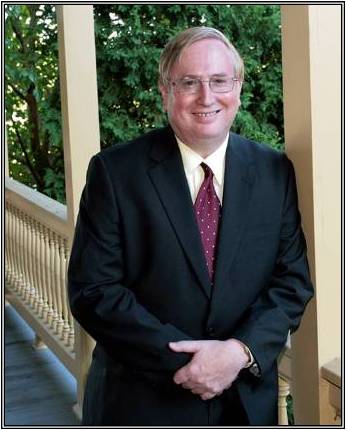MDCCC Director

Anthony J. Rothschild, M.D.
Professor and Irving S. and Betty Brudnick Endowed Chair of Psychiatry, UMass Chan Medical School
Director, UMass Chan Depression Center
Program Director, Mood Disorders Comprehensive Consultation Clinic at UMassMemorial Medical Center
Director, Center for Psychopharmacologic Research and Treatment
From Our Director
Feeling sad, low, or “down in the dumps” is part of the normal human experience and something we all feel at times. In contrast to the normal emotions of sadness, loss, or passing mood states, clinical depression is a persistent medical illness, which can significantly interfere with an individual’s ability to function. It can cause individuals and their families anguish, frustration and inflict serious tolls on our society in the form of lost productivity and absenteeism.
A depressive disorder is not a sign of personal weakness, or a condition that someone can just “get over” and feel better. Without treatment, depressive symptoms can last for weeks, months or years. Fortunately, clinical depression is treated quite effectively and has good recovery rates when detected early.
An estimated twenty-five to thirty percent of people who suffer from depression don’t respond promptly to initial treatment. These more difficult-to-treat depressions are often referred to as treatment- resistant depression (TRD). Our goal at the Mood Disorders Comprehensive Consultation Clinic (MDCCC) is to match the right treatment option(s) for each individual patient and provide state-of-the-art treatment to depression sufferers. Advancements in the treatment of depression are emerging from our own research as well as collaborators elsewhere.
In addition to having experts with extensive experience in the treatment of TRD, the MDCCC also has experts for the diagnosis and treatment of a particularly severe form of depression called major depression with psychotic features. In this form of depression, the depression sufferer has “irrational worries” that bad things have happened or are about to happen to themselves or the people they care about, in addition to feeling depressed.
We have established this MDCCC to evaluate, diagnose and make treatment recommendations for people who suffer from depression, including those with TRD and major depression with psychotic features. Our clinical consultative services are complemented by several ongoing research studies investigating the course and treatment of depressive disorders in adults. We are delighted to provide the opportunity for patients served by the UMass MDCCC to participate in research studies that may offer treatments not yet available in general clinical practice.
Thank you for visiting our website. Best wishes.
Anthony J. Rothschild, MD


